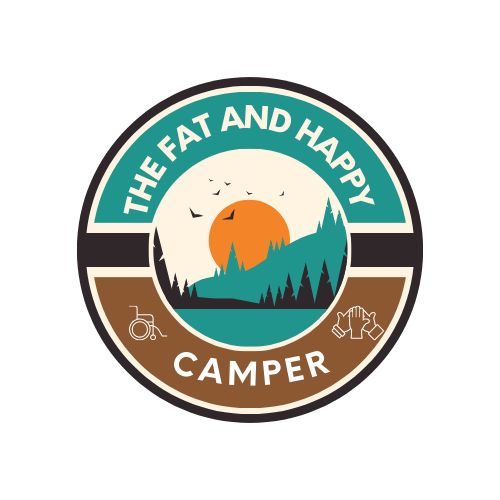Pack Smart
Hikes can be fun, uplifting, challenging and joyful, but with the wrong gear, they can make you so miserable. Here's a list of things to have for your next day hike.
First Aid
- Hydrocolloid Bandages for blisters. These create a protective seal around the blister, preventing stuff from getting in and providing a cushion for the wound.
- Hiker's First Aid Kit. This will come with all of the items you'll need to bandage up most cuts and sprains, plus solutions for bug bites, burns and more. They usually don't have blister bandages, though.
- Prescriptions
- Anti Inflammatory Pain Killer of Your Choice
- Cough Drops
- Assistive Devices
Fuel
- Hydration Bladder or Water Bottles. A half-liter per hour is a good starting point for most hikes, but will be climate specific.
- Back-up Bottle. This is an empty bottle or bladder that can be filled if you determine you need more water or have electrolytes to mix.
- Snacks. 300 calories per hour is a good baseline, but you may require more based on climate, terrain and other considerations. If you have questions, ask your doctor.
- Electrolytes. Bring more than you think you will need, especially if hiking in the heat or in the desert.
Comfort
- Toilet solution. One day, you will have to make a trail poop. This will happen and being prepared now will make it easier. I like Biffy bags, because it is an all in one solution. You will also want something to deal with cleanup after urinating, like a Koola Cloth.
- Anti- Chafing and Anti-Blister Balm.
- Unscented Lip Balm with Sunscreen. Unscented because insects may be attracted to the scent
- Unscented Sunscreen
- Bug repellant. Check the region you are visiting for the best solution, as one-size fits all may not have coverage for the kind of bugs in the area.
- Hand wipes for cleaning your hands, tables, benches, etc
- Socks. This could be left off if you have weight concerns, but hiking in wet socks is not my idea of a good time.
- Period supplies. Include a wipe for this purpose and a bag to put any trash into.
Safety
- Headlamp and/or Flashlight
- Backup Batteries
- Hiking Poles
- Brimmed Hat
- Map and Compass. Yes, we have GPS on our phones, but what if something happens to the phone?
- Sun gloves. This can be optional if you can remember to keep sunscreen on your hands. The burn you get from using hiking poles in sunny weather is very annoying, so i recommend sun gloves.
- Winter gloves and hat. This is location and climate specific, but can save your life and limbs if you need them.
- Small knife. Handy for all sorts of things, including splitting snacks. You won't miss it until you need it for something. Scissors won't be as useful, especially if you have to cut something that is difficult to reach.
- Whistle. Not only will this scare away most bears, but it will help you be located if you get lost
Now You Have The Supplies, But How Do You Pack?
Video Coming Soon!!!
